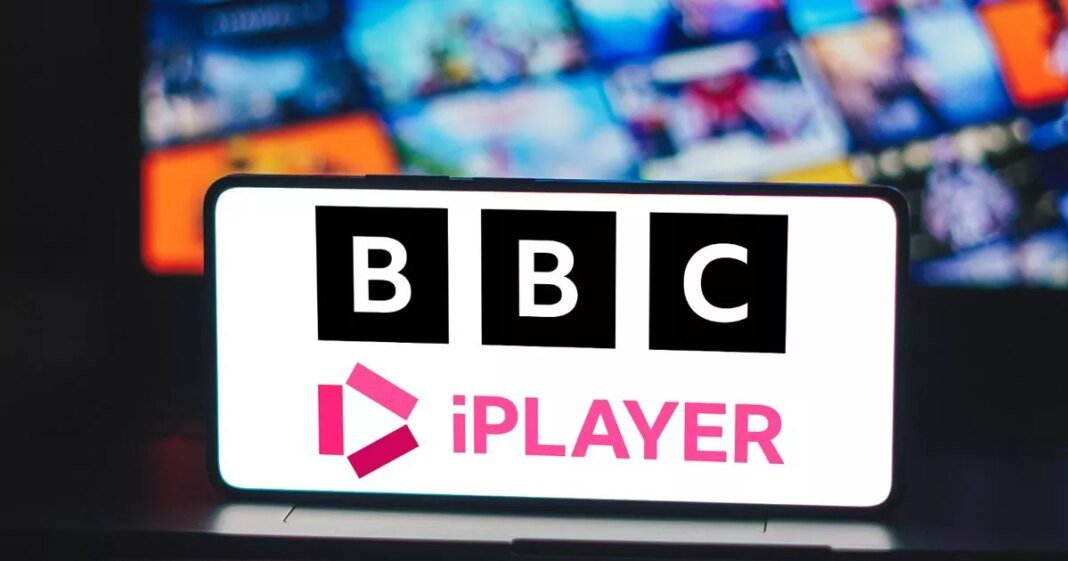Millions of households in the UK are increasingly transitioning to online streaming for their entertainment needs, abandoning traditional TV aerials and satellite dishes. Recent data from Sky highlights a surge in sales of its Glass TV and Stream Box, both leveraging broadband technology. Additionally, the introduction of Freely, a new service offering live TV over the internet, has further diversified the streaming landscape.
The convenience, vast content libraries, and straightforward DIY setup of streaming platforms have fueled their popularity, with no signs of waning. However, a common frustration among viewers, particularly sports enthusiasts, is the noticeable delay in live broadcasts. For instance, services like BBC iPlayer can lag up to 30-40 seconds, causing disruptions when watching dynamic events like football matches or tennis games.
Recognizing this issue, Sky has taken steps to reduce latency on its streaming devices, significantly minimizing delays to just a few seconds. In response, the BBC has confirmed its efforts to address this issue by working on a similar solution to enhance the viewing experience for its audience.
Explaining the current delay situation, the BBC mentioned that while progress has been made in reducing iPlayer delays, there is still a noticeable lag of around 40 seconds. Acknowledging the importance of low latency in live events and sports broadcasts, the BBC emphasized its commitment to improving the streaming experience through its ‘low latency streaming’ initiative.
The BBC is currently developing this enhancement and inviting iPlayer users to participate in testing the feature before its official rollout. Users with 3rd and 2nd generation Amazon Fire TV Sticks, as well as owners of Samsung CU8000 and CU8500 TVs, can enable the iPlayer Beta experience in their settings to access the test version with reduced lag.
During the initial trial phase, the low latency streaming feature will be available on BBC Two between 9 am and 5 pm for users who have opted into the ‘iPlayer beta’ setting and set their location to England or Scotland. The BBC aims to evaluate the performance of this feature under real-world internet conditions and plans to expand the trial based on its success.
As part of our commitment to user privacy, we and our partners use cookies and device identifiers to enhance site experience, analyze usage patterns, and deliver personalized advertising. You can manage your data preferences by selecting the “Do Not Sell or Share my Data” button on our website. By using our services, you agree to our use of cookies as outlined in our Privacy Notice and Cookie Policy.

